In the ever-evolving world of automotive detailing, the battle for superior paint protection has intensified. Nano ceramic and glass coatings have emerged as leading contenders, providing car owners with durable and long-lasting solutions. This article will delve into the key differences between nano ceramic and glass coatings, helping readers make an informed decision on the best option for their vehicle. 1. Composition: Nano Ceramic Coating: Nano ceramic coatings are formulated using silicon dioxide (SiO2) nanoparticles suspended in a solvent base. These nanoparticles form a protective layer on the vehicle’s paint, filling in microscopic imperfections, and bonding to the surface chemically. This results in a highly resistant and durable coating that offers protection against UV rays, chemicals, bird droppings, and other environmental contaminants. Glass Coating: Glass coatings, also known as quartz coatings, rely on a chemical composition of silicon dioxide (SiO2) and titanium dioxide (TiO2).
.
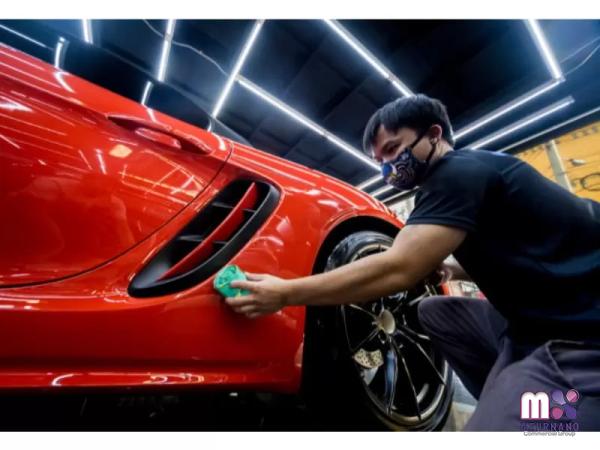 These coatings create a semi-permanent layer on the paint surface, offering excellent hydrophobic properties, high gloss, and increased hardness. While the primary difference lies in the added titanium dioxide, the benefits mirror those of nano ceramic coatings. 2. Durability and Longevity: Nano Ceramic Coating: Nano ceramic coatings are renowned for their exceptional durability. This coating can easily last for 2-5 years, with some high-quality variants extending the protection up to 7 years. The chemical bond formed between the coating and the paint creates a robust barrier that reduces the risk of scratches, swirl marks, and fading caused by UV rays. Glass Coating: Similarly, glass coatings provide an additional protective layer that ensures longevity for your vehicle’s paint. With proper maintenance, a glass coating can last anywhere from 1-3 years. The robust hydrophobic properties prevent dirt and contaminants from adhering to the surface, making the cleaning process easier and prolonging the coating’s lifespan.
These coatings create a semi-permanent layer on the paint surface, offering excellent hydrophobic properties, high gloss, and increased hardness. While the primary difference lies in the added titanium dioxide, the benefits mirror those of nano ceramic coatings. 2. Durability and Longevity: Nano Ceramic Coating: Nano ceramic coatings are renowned for their exceptional durability. This coating can easily last for 2-5 years, with some high-quality variants extending the protection up to 7 years. The chemical bond formed between the coating and the paint creates a robust barrier that reduces the risk of scratches, swirl marks, and fading caused by UV rays. Glass Coating: Similarly, glass coatings provide an additional protective layer that ensures longevity for your vehicle’s paint. With proper maintenance, a glass coating can last anywhere from 1-3 years. The robust hydrophobic properties prevent dirt and contaminants from adhering to the surface, making the cleaning process easier and prolonging the coating’s lifespan.
..
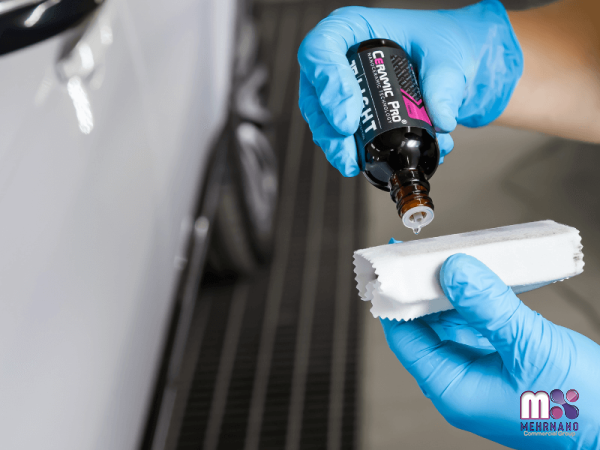 3. Heat Resistance: Nano Ceramic Coating: Nano ceramic coatings offer excellent heat resistance, making them a preferred choice for vehicle owners living in areas with high temperatures. These coatings can withstand temperatures up to 900 degrees Celsius, protecting the paint from fading and cracking due to intense sunlight or heat generated from the engine bay. Glass Coating: Glass coatings also exhibit good heat resistance qualities. While they may not withstand extreme temperatures as high as nano ceramic coatings, they provide ample protection against normal daily heat exposure, preventing the paint from deteriorating prematurely. 4. Ease of Application: Nano Ceramic Coating: Due to its chemically bonding nature, nano ceramic coatings require precise application and extensive preparation. Car owners who prefer a professional-grade finish often opt for professional installation or detailers trained in applying nano ceramic coatings. However, there are some consumer-grade options available, which are relatively easier to apply. Glass Coating: Glass coatings generally offer a more user-friendly application process, often suited for DIY enthusiasts.
3. Heat Resistance: Nano Ceramic Coating: Nano ceramic coatings offer excellent heat resistance, making them a preferred choice for vehicle owners living in areas with high temperatures. These coatings can withstand temperatures up to 900 degrees Celsius, protecting the paint from fading and cracking due to intense sunlight or heat generated from the engine bay. Glass Coating: Glass coatings also exhibit good heat resistance qualities. While they may not withstand extreme temperatures as high as nano ceramic coatings, they provide ample protection against normal daily heat exposure, preventing the paint from deteriorating prematurely. 4. Ease of Application: Nano Ceramic Coating: Due to its chemically bonding nature, nano ceramic coatings require precise application and extensive preparation. Car owners who prefer a professional-grade finish often opt for professional installation or detailers trained in applying nano ceramic coatings. However, there are some consumer-grade options available, which are relatively easier to apply. Glass Coating: Glass coatings generally offer a more user-friendly application process, often suited for DIY enthusiasts.
…
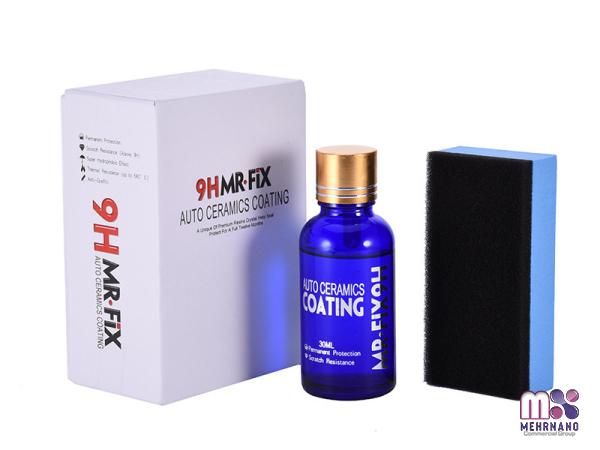 While maintaining proper surface preparation is crucial for optimal results, glass coatings are more forgiving in terms of application technique. Users can often achieve satisfactory results with detailed instructions provided by the manufacturers. Conclusion: Choosing between nano ceramic and glass coatings ultimately depends on your specific needs and preferences. Both options offer remarkable protection for your vehicle’s paint, increasing its longevity, and enhancing its appearance. If you prioritize longevity, durability, and heat resistance, nano ceramic coatings might be your best bet. On the other hand, if you value ease of application and DIY-friendliness, glass coatings could be the right choice. Regardless of your decision, investing in any of these coatings will undoubtedly elevate your vehicle’s protection to new heights.
While maintaining proper surface preparation is crucial for optimal results, glass coatings are more forgiving in terms of application technique. Users can often achieve satisfactory results with detailed instructions provided by the manufacturers. Conclusion: Choosing between nano ceramic and glass coatings ultimately depends on your specific needs and preferences. Both options offer remarkable protection for your vehicle’s paint, increasing its longevity, and enhancing its appearance. If you prioritize longevity, durability, and heat resistance, nano ceramic coatings might be your best bet. On the other hand, if you value ease of application and DIY-friendliness, glass coatings could be the right choice. Regardless of your decision, investing in any of these coatings will undoubtedly elevate your vehicle’s protection to new heights.


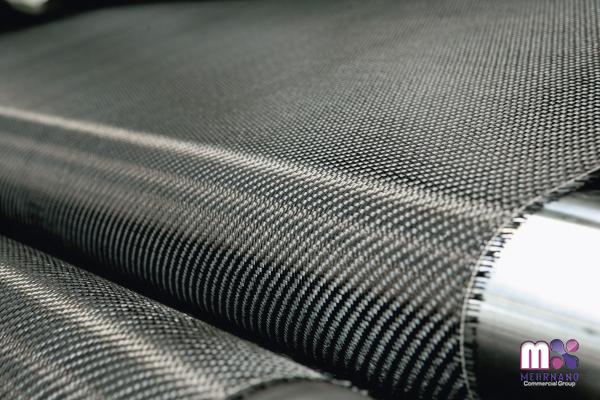
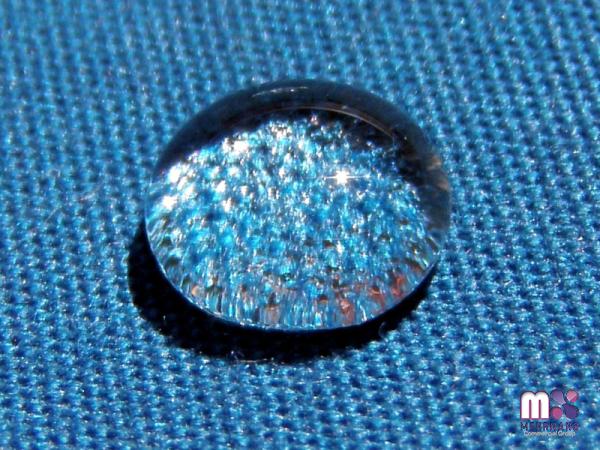
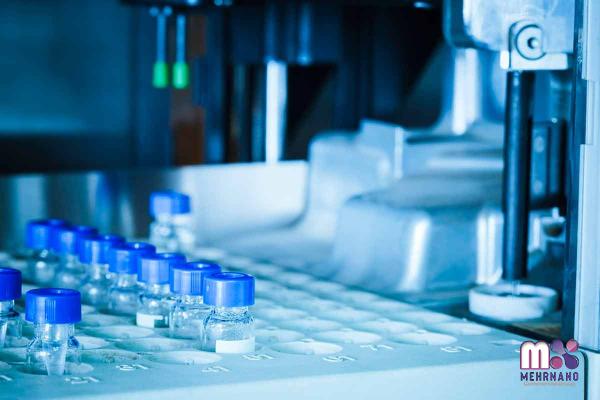
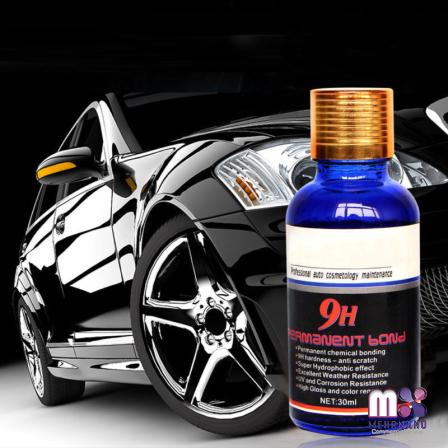

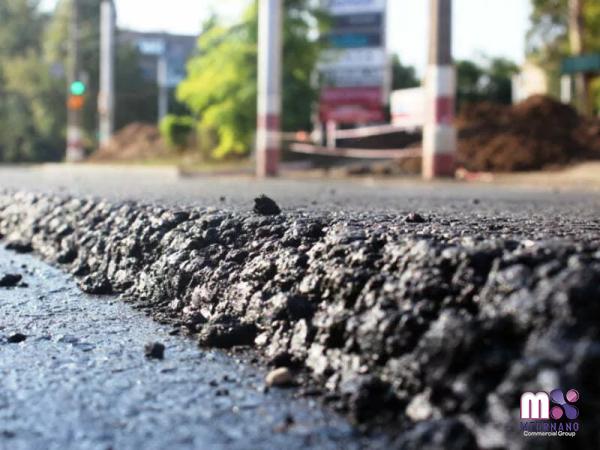
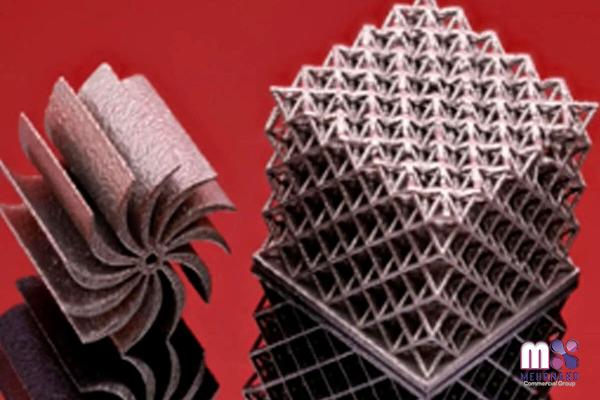
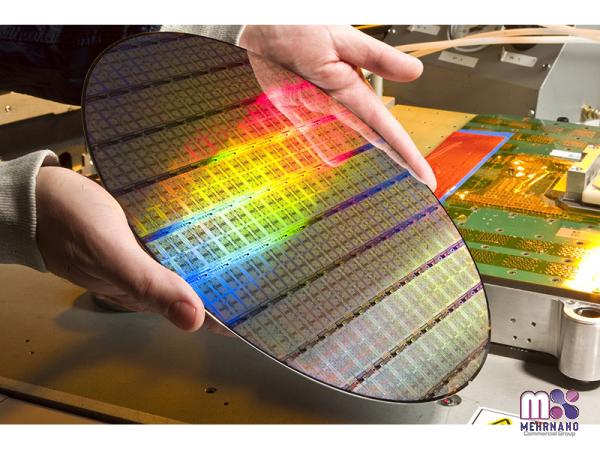
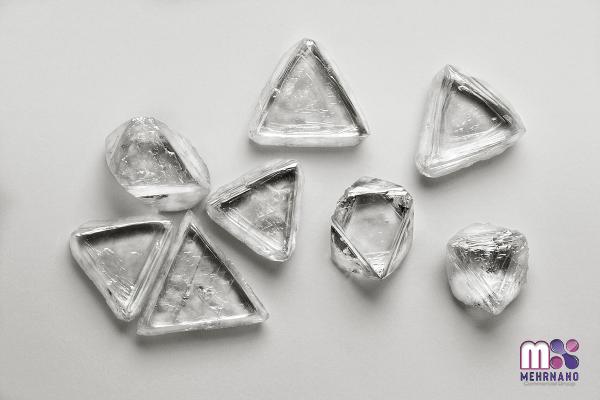
Your comment submitted.